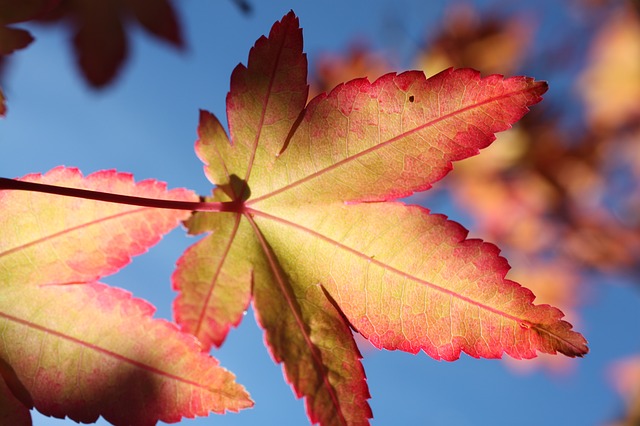
By late summer, your plants—and you!—might be feeling a bit worn out. But trust us, the time and energy that you put into the soil in early fall will pay big dividends next year in the form of healthier plants that require less work.
In fact, early fall is the best time of the year to put new plants into the ground. In most parts of the country, the soil remains relatively warm throughout September and early October. This gives new plants a chance to establish strong roots before the arrival of cold winter temperatures. (Roots continue to grow in cold soil, albeit at a much slower pace.)
Early fall is also a good time to cut back and clean up. Recommended tasks include removing dead foliage from perennials and pulling up weeds and any other debris where insects and diseases might try to spend the winter.
Importantly, some basic soil preparation now will help ensure a healthy, vibrant garden in the spring. By adding organic amendments—like compost, manure and leaves—to the soil before the first frost, you help ensure that they break down before the spring.
Fall is also the best time to remineralize the soil. Crushed volcanic basalt, also known as rock dust, replaces minerals and trace elements (like magnesium, calcium, silicon and iron) that have been depleted. Applied in the fall, rock dust mixes with winter rain and snow to make micronutrients and trace elements available to soil microbes and plants.
You’ll also want to add a fresh layer of mulch over planting beds to help shelter roots. Mulch also helps protect evergreen foliage from soil borne diseases that can splash back during rainy weather. (Note: In colder climates, add mulch after the ground freezes. This will help prevent frost damage, discourage pests and help regulate soil temperatures during the winter while protecting roots.
Sounds like a lot of work? If you consider fall as a beginning rather than an end, then you won’t mind investing some time in tasks that help improve the long-term health and structure of your soil!
###
Cascade Minerals Remineralizing Soil Booster is made from massive basalt stones from Central Oregon’s Cascade Mountains. Rocks are crushed to produce a finely ground, 100% natural product that is approved for organic production and releases the essential minerals and trace elements that plants and humans need to flourish. Find out more at www.cascademineralsnw.com.

Amazing post on soil amendment. I just loved reading it. Thanks for the information. BTW I am growing plants indoor using LED grow lights.